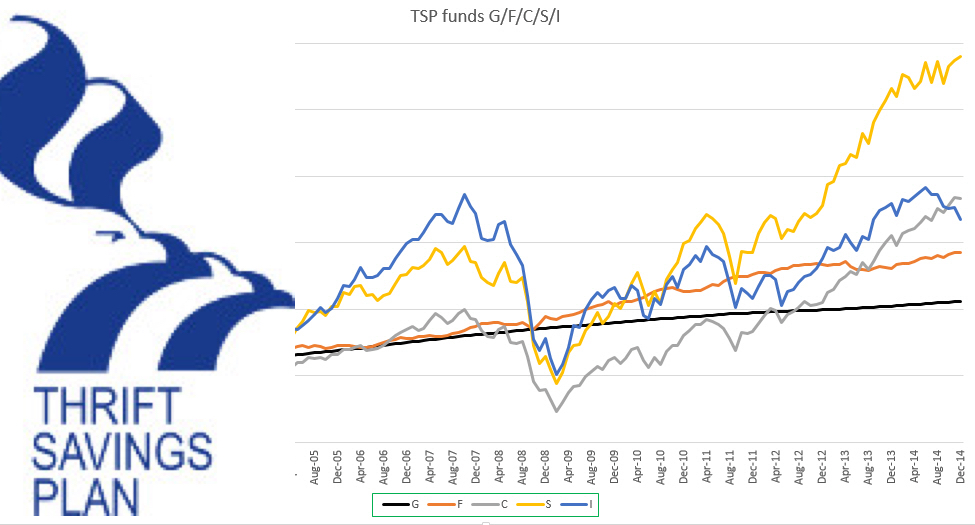 I am often asked by clients “When should I start taking my Social Security payments?”. There is no single right answer to that question because everyone designs their retirement differently. This added income can make a difference on when you decide to retire and how much of a benefit you are willing to accept. I can only supply you with the options and facts to allow you to make an informed decision.
I am often asked by clients “When should I start taking my Social Security payments?”. There is no single right answer to that question because everyone designs their retirement differently. This added income can make a difference on when you decide to retire and how much of a benefit you are willing to accept. I can only supply you with the options and facts to allow you to make an informed decision.
To be eligible for Social Security
- Also Read: 3 Major Retirement Planning Errors That Federal Employees Often Make—And How to Avoid Them
- Also Read: 3 Things Every Federal Employee Needs to Know About Divorce and How It Affects Their Retirement Plans
- Also Read: What Federal Workers Are Doing to Keep Their FEHB Coverage Affordable as Costs Continue to Climb
Social Security benefits are based on the age when you retire and your earnings history. Cost of Living Adjustments (COLA) are increases usually adjusted yearly, which reflect the percentage increase of the CPI (Consumer Price Index).
The earliest age you may start receiving Social Security payments is 62. For those who reach age 62 in the year 2000, the minimum age for full benefits is age 65. This will increase to age 67 for anyone reaching the age of 67 in the year 2022 or after. For every year that you start your Social Security payments prior to full retirement age, you will lose 6% a year. Example, if your full benefit retirement age is 65 and you begin payments at age 62, you will receive 80% of your full benefit. If your full benefit retirement age is age 67, and you begin payments at age 62, you will only receive 70% of your full benefit amount.
About the Author
Todd Carmack
Arizona
Other Todd Carmack Articles
Understanding The Thrift Savings Plan, by Todd Carmack
Is The Pension Survivor Benefit Best For You? by Todd Carmack
Understanding Your FEGLI Coverage. by Todd Carmack
Disclosure: BWM Advisory, LLC reserves the right to edit blog entries and delete those that contain offensive or inappropriate language. Content will also be deleted that potentially violates securities laws and regulations. Different types of investments involve higher and lower levels of risk. There is no guarantee that a specific investment or strategy will be suitable or profitable for an investor’s portfolio. All investment strategies have the potential for profit or loss. Hyperlinks on this website are provided as a convenience. We cannot be held responsible for information, services or products found on websites linked to ours. BWM Advisory, LLC is registered as an investment adviser with the SEC and only conducts business in states where it is properly registered or is excluded from registration requirements. Registration is not an endorsement of the firm by securities regulators and does not mean the adviser has achieved a specific level of skill or ability.











